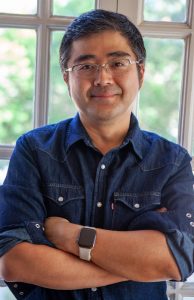 Today we’d like to introduce you to Yoshio Kohashi.
Today we’d like to introduce you to Yoshio Kohashi.
Hi Yoshio, thanks for joining us today. We’d love for you to start by introducing yourself.
I became interested in the entertainment industry because I’ve always loved the stories of historical figures. Still, it was when I was in college that this interest became clear to me.
I majored in Arabic language and culture at a Japanese College, but I realized my interest in storytelling and visual media during my studies.
After graduating, I wanted to work for a film production company, but there needed to be a significant gap between my major and the reality of the industry. At that time, I didn’t know how to get a job at a film production company. In a newspaper advertisement, I found a talent agency that seemed closest to my desired job, so I joined the agency as an assistant manager, handling tasks like talent scheduling.
In addition to working as a talent manager assistant, I gained experience shooting & editing promotion videos for actors. I also had the opportunity to meet veteran Japanese film directors, experiencing the backstage of the film and entertainment industry. With each passing day, I felt a stronger desire to be involved in video production and to express myself creatively. I began to feel as though I was trapped in a small box if I kept staying in Japan.
So, having lived in the United States for about two years during my childhood due to my father’s job, that experience helped me to decide that if I were to relearn filmmaking, it should be in America. After working at the agency for about two years, I made the decision to study abroad in Los Angeles.
In Los Angeles, I enrolled in The Los Angeles Film School in 2001. While it has now become a formal university, when I enrolled, it was still a vocational school. However, it had excellent equipment and active instructors, making it a highly reputable institution for technical education.
Initially, I struggled with English comprehension and couldn’t keep up with notetaking in class, so I used a digital camera to capture whiteboard notes and took photos of the instructor’s materials. Some discussions about whether photographing certain materials might violate copyright laws would derail the class, and sometimes, flashes would go off during lectures, causing quite a disturbance. However, as time passed, I became adept at handling these situations, and it became the most fulfilling period of my life.
Originally, I aspired to become a cinematographer, but as I progressed through the curriculum, I realized that video editing was more suitable for me. The Los Angeles Film School had a wide range of editing equipment available 24/7, allowing me to learn editing through self-study and classes. This laid the foundation for my current career.
Afterward, I became an in-house editor for a post-production company and obtained a green card, eventually becoming a freelance video editor, which is my current occupation.
Can you talk to us a bit about the challenges and lessons you’ve learned along the way? Looking back would you say it’s been easy or smooth in retrospect?
Working in America with a Japanese cultural sensibility has its advantages but also presents challenges.
Japan has an ethic of repaying kindness, even at a personal sacrifice, and I can say that most Japanese embedded this code in our DNA. Therefore, there are times when I struggle to switch between the Japanese mindset of repaying favors and the pursuit of profit as a freelancer when faced with situations where I need to prioritize business decisions. Ideally, finding a balance between the two would be best, but it’s challenging.
Recently, a significant challenge has been determining how to incorporate AI into my video editing process effectively. I’m amazed at how rapidly AI is changing our living environment, and it’s starting to penetrate the field of video editing as well. With that in mind, rather than trying to compete with AI, I believe the focus should be on mastering AI technology as a tool for my own use. Therefore, I’ve been actively striving to learn about the possibilities of AI as well as its current limitations.
Can you tell our readers more about what you do and what you think sets you apart from others?
I’ve been living in LA for about 22 years now, working as a video editor. My activities range from editing short social media videos to feature-length films.
My fundamental role is to edit contents or narratives as close as possible to the vision desired by clients or directors, using the footage and audio materials provided to me within the designated time frame.
I personally view video editing not so much as an art form but as a part of entertainment. It’s a medium that cannot function without the efforts and collaboration of other departments and individuals with different skills. Within this context, video editing is akin to being an interpreter in the realm of visuals. It involves clearly translating the vision of clients or directors into video, weaving narratives that at least 95% of the audience, if not all, can understand. I take pride in this process and find joy in creating works that resonate with many people.
Suppose there’s a thing that sets me apart from the uniqueness between me and other video editors. In that case, it lies in my over-en-Thousand-Hour Rule of editing work and Japanese background, especially my Japanese background, which allows me to infuse the cultural atmosphere and nuances into the project (if clients & Directors want), thus providing a slightly different flavor and might give you a new point of view to your final projects.
How do you think about luck?
Simply put, when considering whether good luck or bad luck has influenced my life and work, it may be the latter. The bad luck I experienced in Japan prompted me to rise from adversity and seek challenges and life in the new frontier of America.
However, I’ve become less preoccupied with luck as I’ve grown older. I’ve come to realize that whether luck is good or bad, the only way forward is to strive toward my ideals. The phrase “there are no bad experiences, it’s just experience” resonates with me, reflecting my evolving perspective on life’s challenges.
Pricing:
- Daily wage: $700
- Hourly wage: $90 (minimum 2 hours)
- Project base: Negotiable
Contact Info:
- Website: www.yoshiokohashi.com
- Instagram: @yoshio74
- Facebook: www.facebook.com/ykbbface
- Linkedin: www.linkedin.com/in/yoshio74/
- Youtube: @smallbridge100
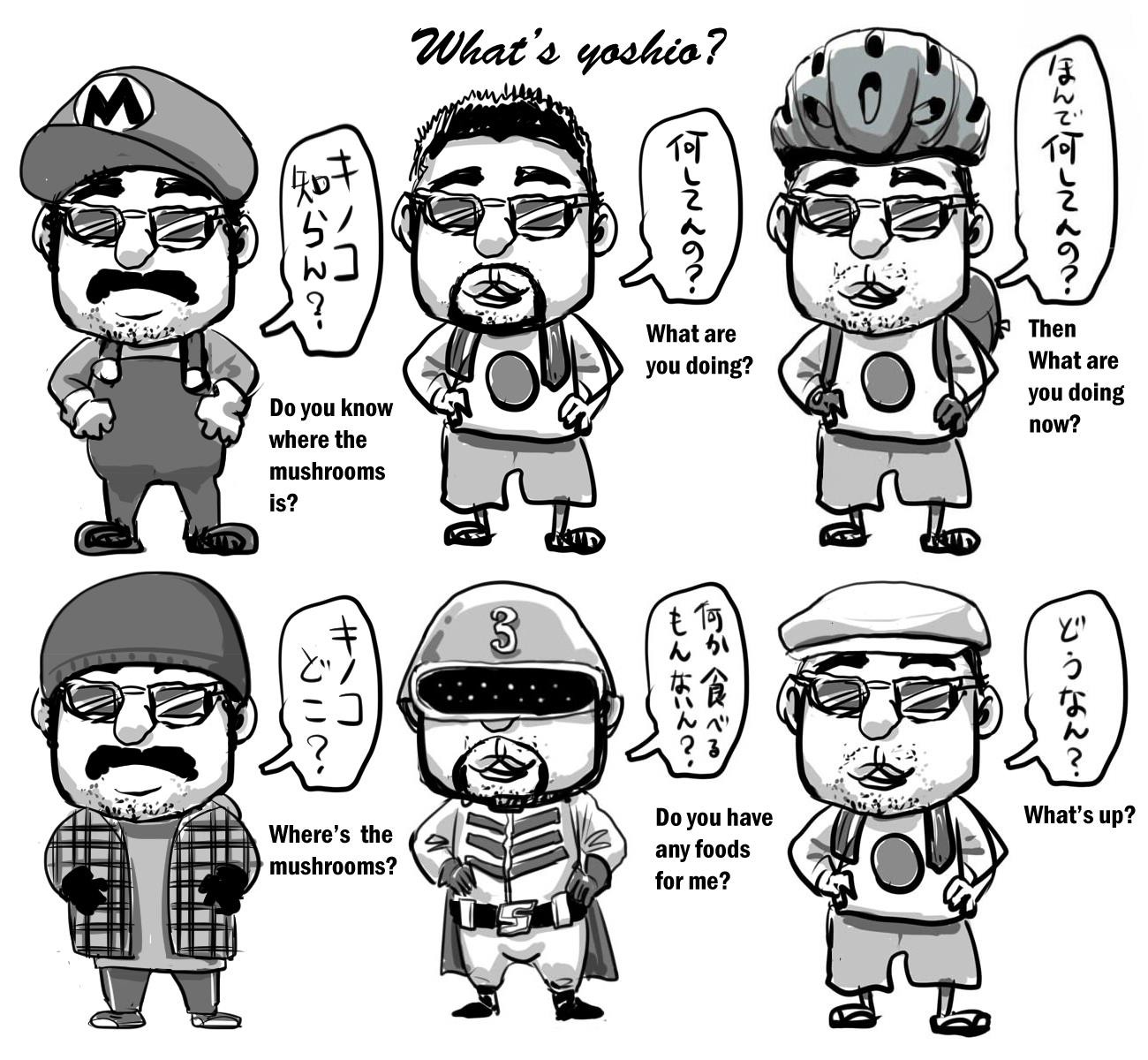
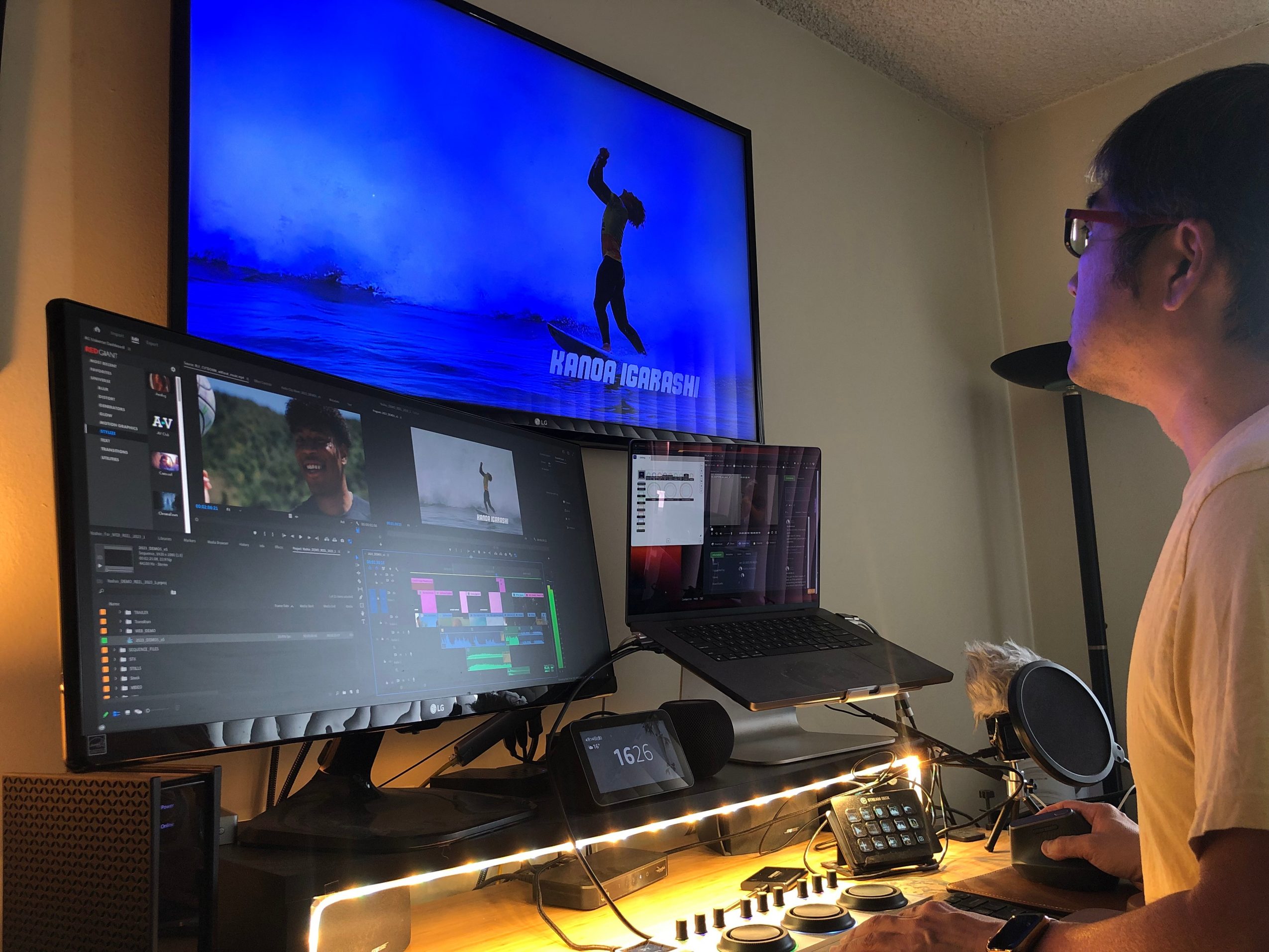
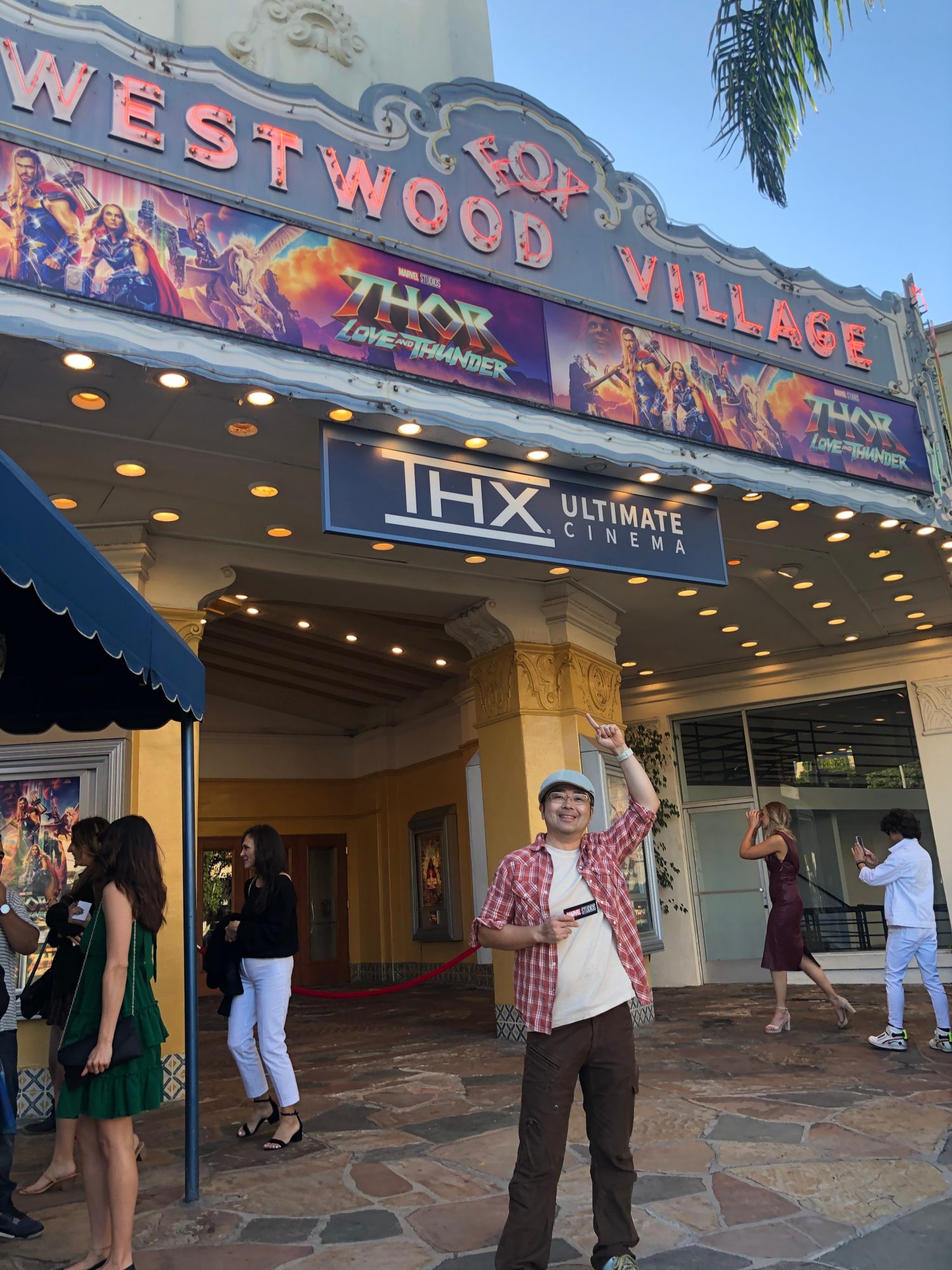
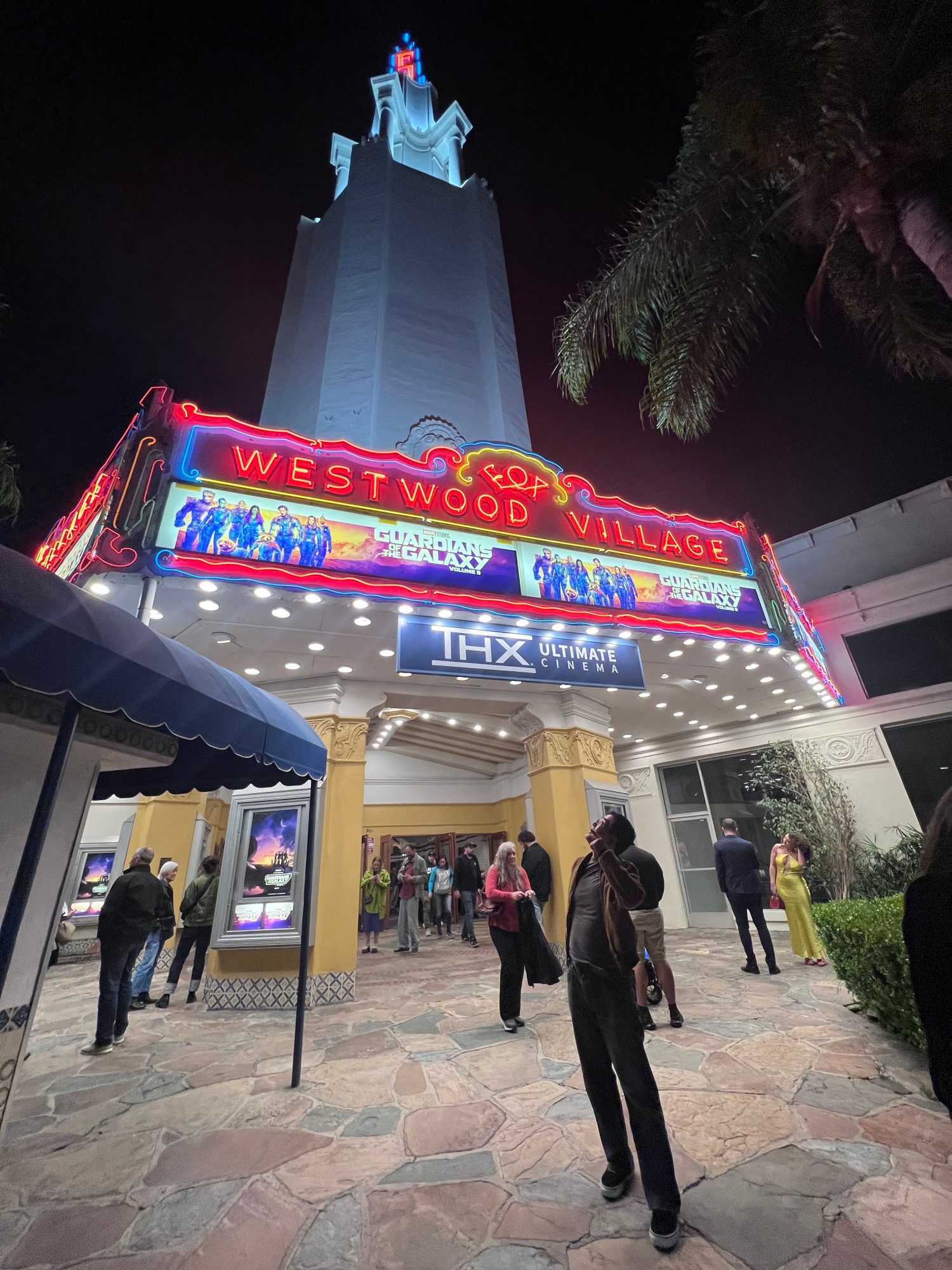
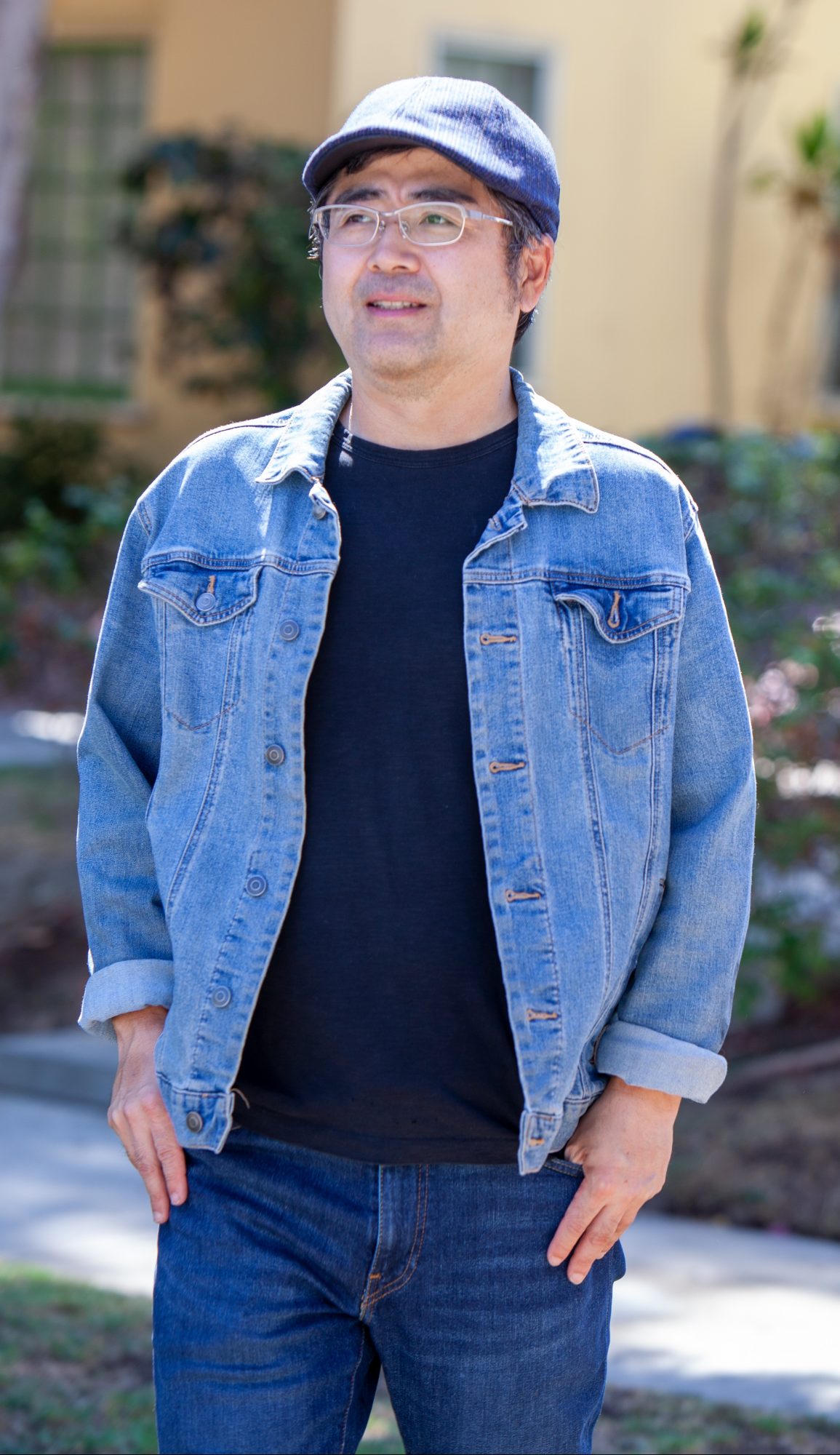
Image Credits
Scott Rhea














